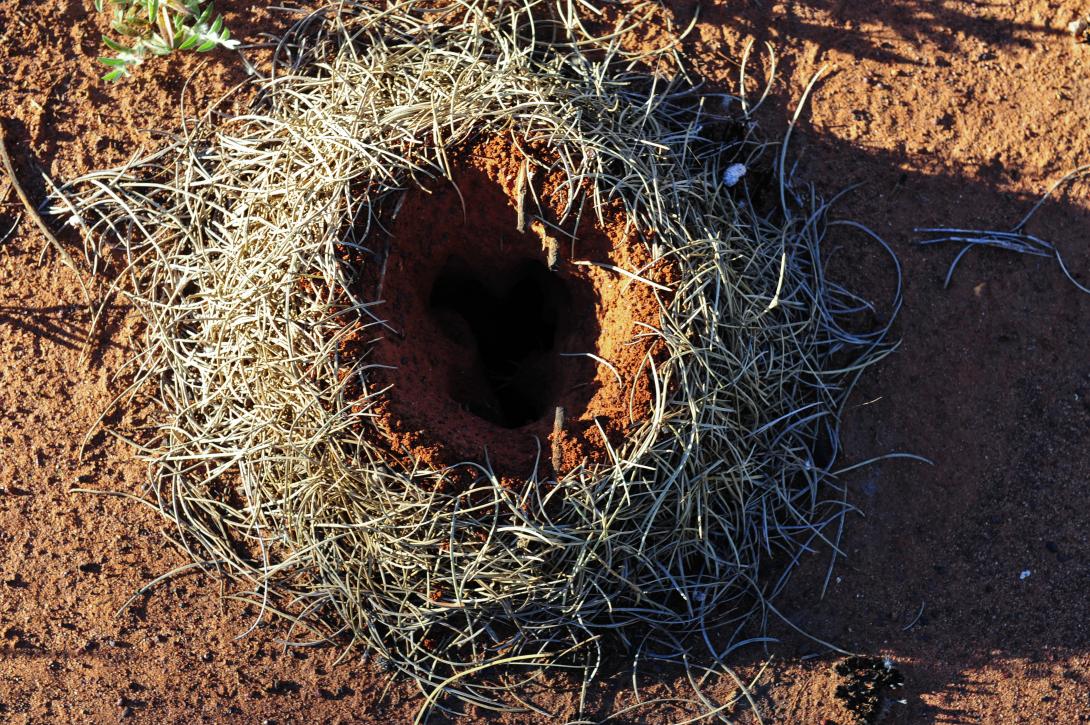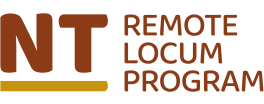
A job ad in CRANAplus spurred Glen Innes Registered Nurse Kim Henderson to take the plunge and apply for a remote nursing position.
Since then Kim hasn’t looked back, completing six placements with RAHC in the last 18 months. Kim says while it is the most challenging work during her 29 year nursing career it is also definitely the most rewarding.
“I took up the RAHC opportunity because I wanted to get involved and become a part of the effort to improve access to services and health outcomes for Indigenous Australians.”
Working in remote communities provides health professionals with an array of experiences that you don’t normally get in urban hospitals or health centres.
“Every day is different. You will work with pregnant women and new-born babies, provide health care to men and women of all ages and tackle chronic diseases,” Kim said.
“You are very autonomous out here and find yourself going from one end of the spectrum to the other. This has greatly helped my nursing skills, particularly the clinical and assessment side of things. I use to think I was good nurse but working remotely has helped me become a great nurse.”
On her final day of placement in Areyonga, a three hour drive from Alice Springs, Kim says it is the relationships and experiences she has gained along the way that makes the work really special.
“Many of the RAHC health professionals do more than one placement in the same community. This helps to build trust and respect with community members, and allows us to provide some continuity with their health care. When you have built this relationship you find some community members presenting to the clinic more often which is really rewarding to see.”
“I have some great memories of my time in the communities and I’m very privileged to have been given opportunities to participate in cultural activities such as being invited to go dancing with the ladies and eat bush tucker. I have even had a few Pitjantjatjara lessons.”
RAHC provides significant support to the hard-working permanent health workforce in remote communities across the Northern Territory, though paid, short-term placements of urban -based health professionals.
“RAHC is a wonderful organisation for anyone looking to get involved with remote health. The RAHC model, involving short-term placements, is much more sustainable for recruitment and retention. There is less staff burn out as people get time to recuperate before heading back for their next remote stint,” Kim says.
Would you like to share your RAHC experience with other Health Professionals? We are always looking for RAHC Health Professionals to tell us about their experience, by preparing a RAHC story. If you are willing to share your story, please contact your Placement Consultant or email us.
